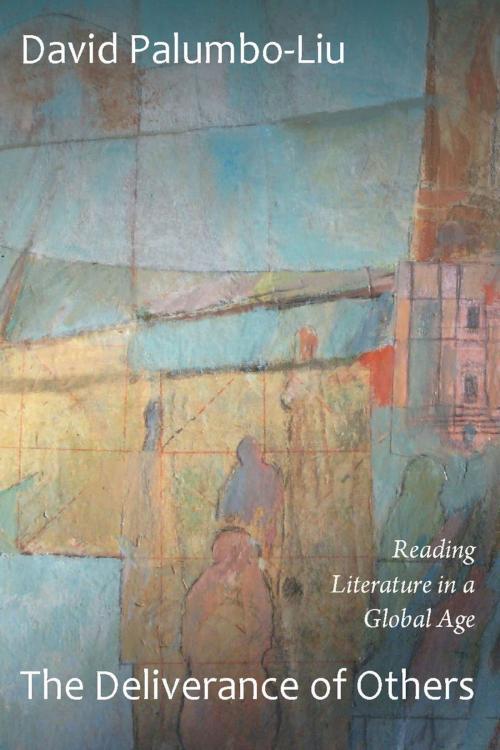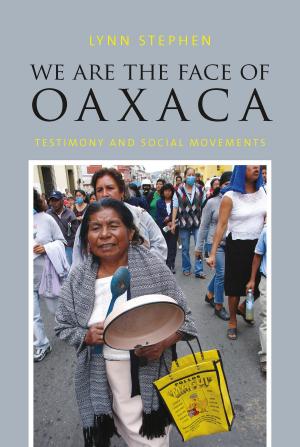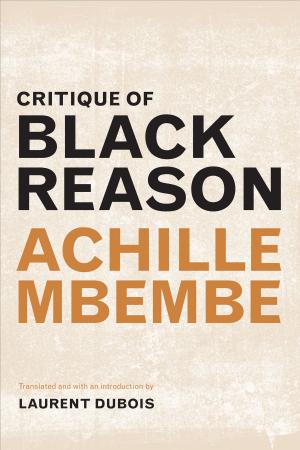The Deliverance of Others
Reading Literature in a Global Age
Fiction & Literature, Literary Theory & Criticism, Theory| Author: | David Palumbo-Liu | ISBN: | 9780822395485 |
| Publisher: | Duke University Press | Publication: | June 5, 2012 |
| Imprint: | Duke University Press Books | Language: | English |
| Author: | David Palumbo-Liu |
| ISBN: | 9780822395485 |
| Publisher: | Duke University Press |
| Publication: | June 5, 2012 |
| Imprint: | Duke University Press Books |
| Language: | English |
The Deliverance of Others is a compelling reappraisal of the idea that narrative literature can expand readers' empathy. What happens if, amid the voluminous influx of otherness facilitated by globalization, we continue the tradition of valorizing literature for bringing the lives of others to us, admitting them into our world and valuing the difference that they introduce into our lives? In this new historical situation, are we not forced to determine how much otherness is acceptable, as opposed to how much is excessive, disruptive, and disturbing?
The influential literary critic David Palumbo-Liu suggests that we can arrive at a sense of responsibility toward others by reconsidering the discourses of sameness that deliver those unlike ourselves to us. Through virtuoso readings of novels by J. M. Coetzee, Nadine Gordimer, Kazuo Ishiguro, and Ruth Ozeki, he shows how notions that would seem to offer some basis for commensurability between ourselves and others—ideas of rationality, the family, the body, and affect—become less stable as they try to accommodate more radical types of otherness. For Palumbo-Liu, the reading of literature is an ethical act, a way of thinking through our relations to others.
The Deliverance of Others is a compelling reappraisal of the idea that narrative literature can expand readers' empathy. What happens if, amid the voluminous influx of otherness facilitated by globalization, we continue the tradition of valorizing literature for bringing the lives of others to us, admitting them into our world and valuing the difference that they introduce into our lives? In this new historical situation, are we not forced to determine how much otherness is acceptable, as opposed to how much is excessive, disruptive, and disturbing?
The influential literary critic David Palumbo-Liu suggests that we can arrive at a sense of responsibility toward others by reconsidering the discourses of sameness that deliver those unlike ourselves to us. Through virtuoso readings of novels by J. M. Coetzee, Nadine Gordimer, Kazuo Ishiguro, and Ruth Ozeki, he shows how notions that would seem to offer some basis for commensurability between ourselves and others—ideas of rationality, the family, the body, and affect—become less stable as they try to accommodate more radical types of otherness. For Palumbo-Liu, the reading of literature is an ethical act, a way of thinking through our relations to others.















